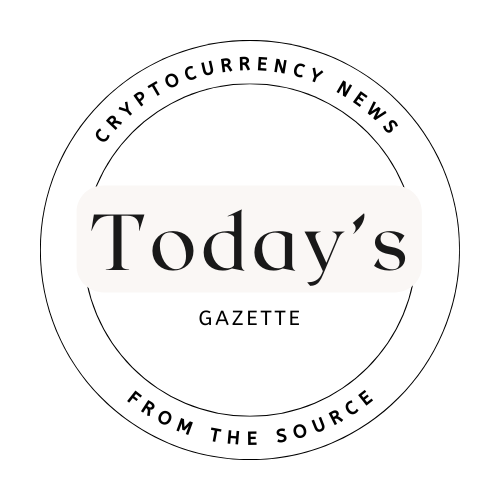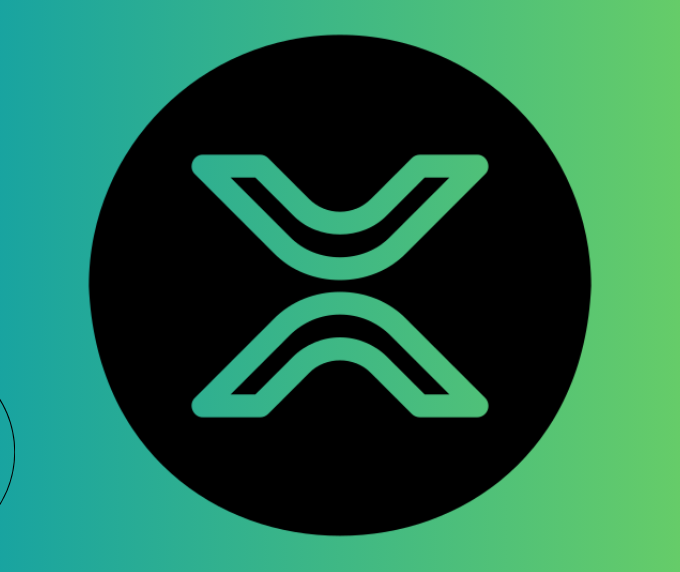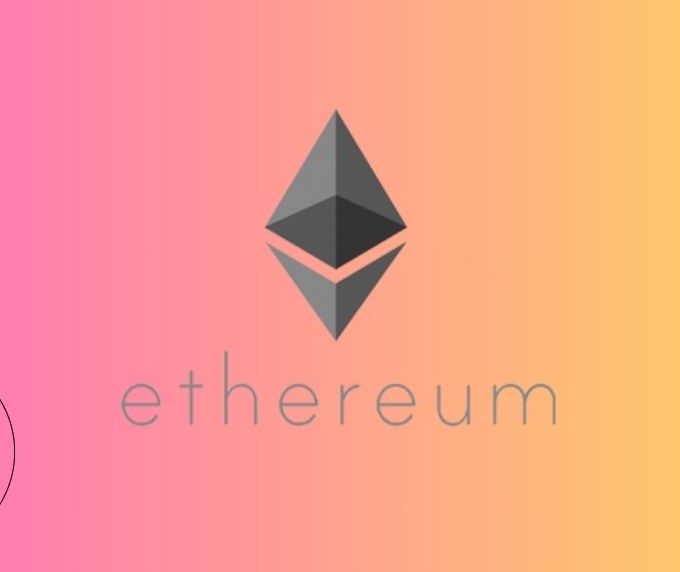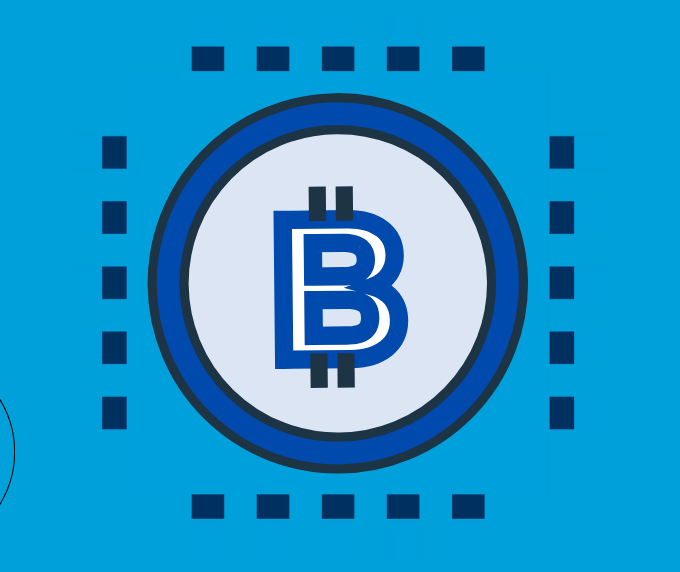Solana, known for its scalability and low transaction costs, is becoming a critical player in decentralized finance (DeFi) and is receiving increasing interest from traditional financial services providers (TradFi). Recent developments underscore Solana’s blockchain gaining traction across various sectors, from major decentralized platforms like Jupiter Exchange to global financial giants like Franklin Templeton and Citigroup.
Jupiter Exchange, the largest decentralized trading platform on Solana, recently acquired SolanaFM, a prominent blockchain explorer. This acquisition, announced in September 2024, is aimed at enhancing Jupiter’s data and infrastructure capabilities. SolanaFM has provided crucial insights into transaction histories and smart contracts, helping users better navigate the Solana blockchain. With this acquisition, Jupiter seeks to accelerate development and improve functionality, further solidifying its role as a DeFi leader on Solana.
Alongside this acquisition, Jupiter unveiled several updates at the Solana’s annual Breakpoint conference. These include new APIs to improve token and price data and an innovative perpetual trading platform that introduces gasless transactions and advanced trading tools. Jupiter also plans to launch a mobile app that will allow users to swap tokens using Apple Pay, Google Pay, or credit cards without platform fees, making it easier to onboard new users to Solana.
On the TradFi side, Solana is attracting attention from major financial institutions. Franklin Templeton, a $1.4 trillion asset manager, announced plans to launch a mutual fund directly on Solana’s blockchain. The firm sees Solana as a powerful platform for driving operational efficiency, given its ability to handle high transaction volumes at low costs. Similarly, Citibank is exploring Solana’s potential for cross-border payments and smart contracts, seeing blockchain technology as essential for the future of finance.
These moves by Franklin Templeton and Citigroup highlight a broader trend of TradFi institutions embracing blockchain technology. Both firms recognize Solana’s ability to streamline operations and reduce costs, making it an ideal platform for next-generation financial services.
However, Solana’s rapid adoption is not without challenges. While Jupiter and traditional institutions look toward the future, regulatory hurdles remain. The U.S. Securities and Exchange Commission (SEC) has been hesitant to approve Solana-based financial products, creating uncertainty for its long-term integration into mainstream finance.
As both DeFi and TradFi converge on Solana, the platform’s role in reshaping the future of finance seems very clear, even as it navigates the evolving landscape of blockchain technology.
Disclaimer
Today's Gazette cannot take responsibility for any form of loss or inconvenience that may result from any material contained on this website. The content is provided for informational purposes only and should not be relied upon for legal or financial decision-making. Nothing on this platform should be misconstrued as financial advice.








Leave a comment